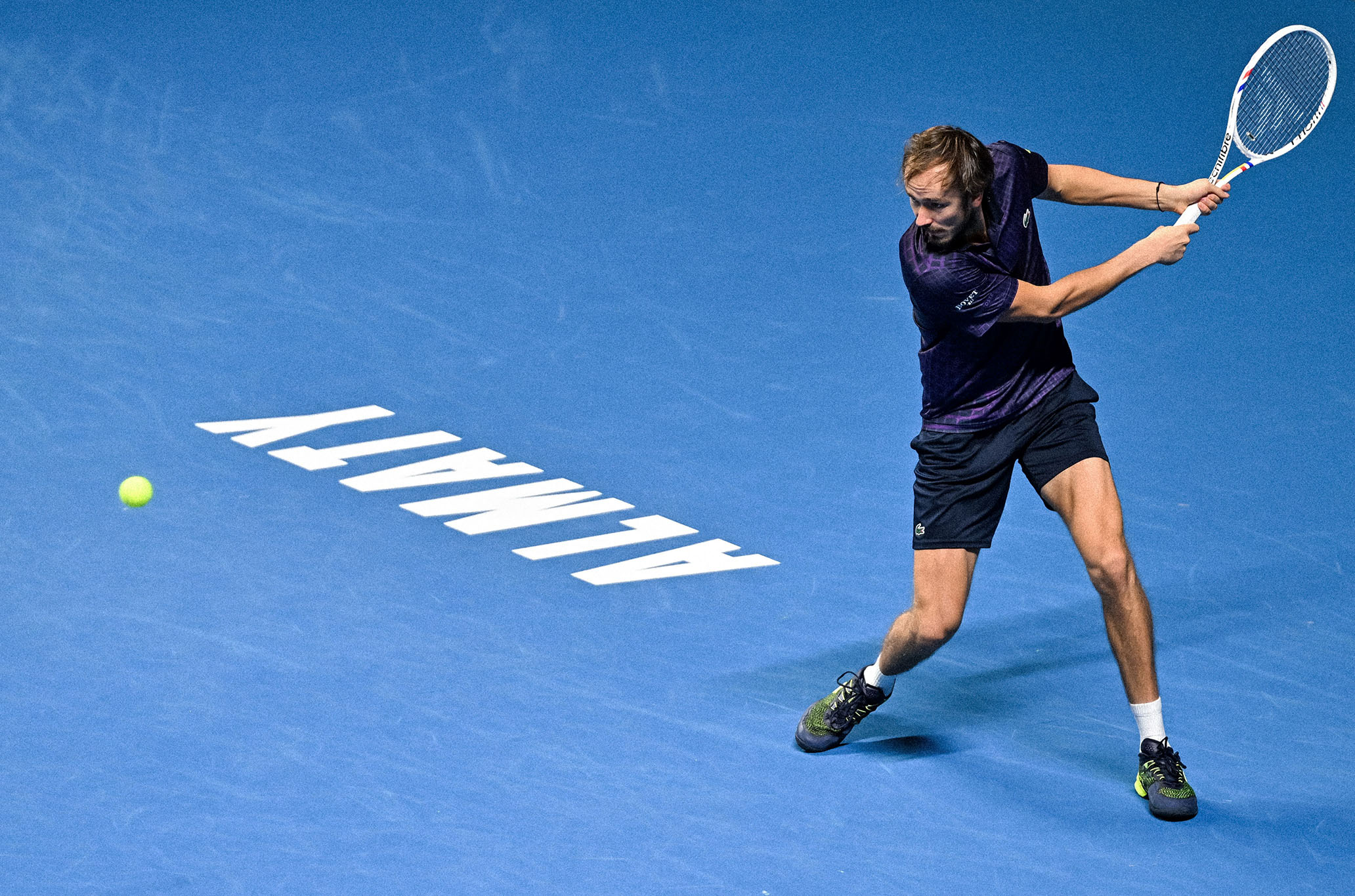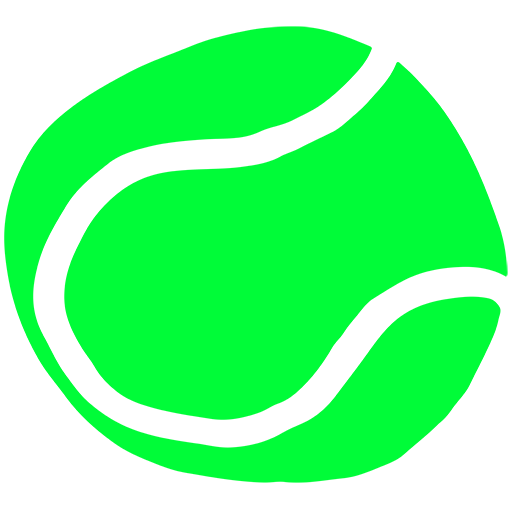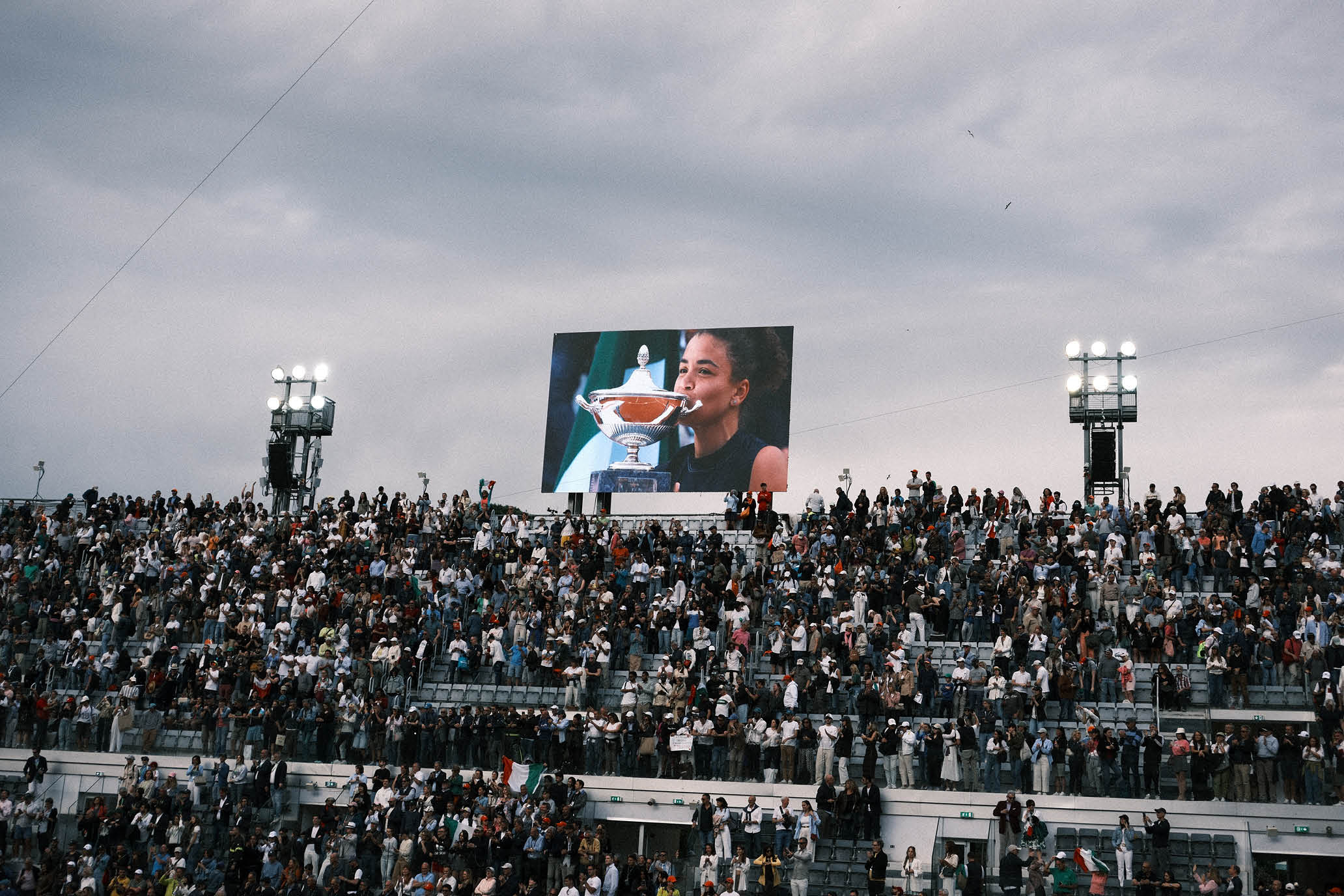Meddy's Vibe Shift
Meddy's Vibe Shift
Daniil Medvedev finds his form.
Daniil Medvedev finds his form.
By Giri NathanOctober 24, 2025

Vintage Meddy in Almaty. // Getty

Perfect form. // Getty
I’ll take any excuse to write about Daniil Medvedev. I’ll even take a book nominally about Carlos Alcaraz and Jannik Sinner and squeeze in a whole chapter about Meddy. I find his chatter enlightening and I find the tour more compelling when he is imposing on it his cunning and visually janky style of play. But, as any Medhead is all too aware, he has provided few occasions to write about him—at least not in an appreciative light. Tantrums aplenty, some of them unseemly even by his standards. But not much winning, and very little hope.
He spent much of 2024 dealing with a shoulder injury and griping about how the lower quality tennis ball sapped his counterpunching game. Then his 2025 season managed to be even worse. He lost to lesser players. The big serving that fueled his early success was no longer so reliable. His title drought continued. He tinkered with his gear, even going as far as switching up his actual string setup mid-match—not just the tension, but switching from gut hybrid to full poly, an adjustment I have never seen before and that read as outright desperation. Most alarming of all, across the four Slams, Medvedev won only one match. One! This is a man who you could pencil into one Slam final per season, a guy who reached No. 1 in the world. It wasn’t so long ago that he beat Sinner at Wimbledon, and Alcaraz at the Open. Yet they had reached even higher levels of tennis and he seemed to be slouching into irrelevance. They had no exploitable weaknesses and boasted power he’ll never access. Meanwhile, Medvedev still struggled to end points from the baseline, attack short balls, or volley in basically any context.
The breaking point was this year’s U.S. Open. In his first-round match, after a photographer mishap, he orchestrated a minor riot, halting play for six minutes as the crowd booed, before crashing out against Benjamin Bonzi, a player ranked outside the top 50 who had also just beaten him at Wimbledon. Dire stuff. After the tournament, Medvedev’s ranking plummeted to No. 18 in the world. Most heartbreaking for his fanbase, he even split with his coach of eight seasons, Gilles Cervara, the one constant, beleaguered presence in Medvedev’s sparsely populated player box. Cervara was the ideal co-conspirator for a player of such “unconventional magic,” as the coach himself put it in his farewell message. He helped Medvedev take his strange weapons—flat, skidding groundstrokes in a world of heavy topspin—and fight all the way to the top of the tour. He also remained patient and steadfast through some of the most spectacular meltdowns tennis has ever seen. Could anyone else handle that job description?
“A team around a player is like an engine—a complex machine that drives forward,” Cervara said in an interview with Tennis Majors after the split. “When it runs at full power, you go fast. At some point the engine stops, but you don’t see it because the boat continues gliding. After a while, that energy is gone, and you’re stuck mid-sea, trying to restart that engine.” Medvedev was adrift at sea. He obviously needed a restart of some kind, but given the idiosyncrasy of his tennis and personality, perhaps it would take some time to find the right fit.
But instead the success was instantaneous. Medvedev started working with a new team: the 2002 Aussie Open champ Thomas Johansson, and Rohan Goetzke. They trained for a week in Monaco, and then they went off to China and found those elusive wins. Medvedev made consecutive semifinals in Beijing and Shanghai, beating a mix of old rivals and new challengers. (No matter how abysmal his form, he seems to always find a way to defeat Sascha Zverev.) It was the best run he’d had all year. More than any particular technical points, he said it was an emotional shift. “It’s more the energy that changed, I regained my confidence, that’s the most important thing. Because of that, some shots started coming back,” he said, ahead of the ATP 250 last week in Almaty. He went on to win that tournament, too, beating Corentin Moutet in an entertaining final, on the strength of his serve and his volleys, the two specific shots that he said returned with his confidence. Almaty was a modest title by the standards of his past accomplishments, won against a modest field, but it was also his first title since Rome 2023. He’s now won 21 titles in 21 different cities, no repeats, which is another wonderful oddity in his career. After a season of despair, the vision of Medvedev in traditional Kazakh garb, holding his first title in 882 days, was enough to make you believe again.




